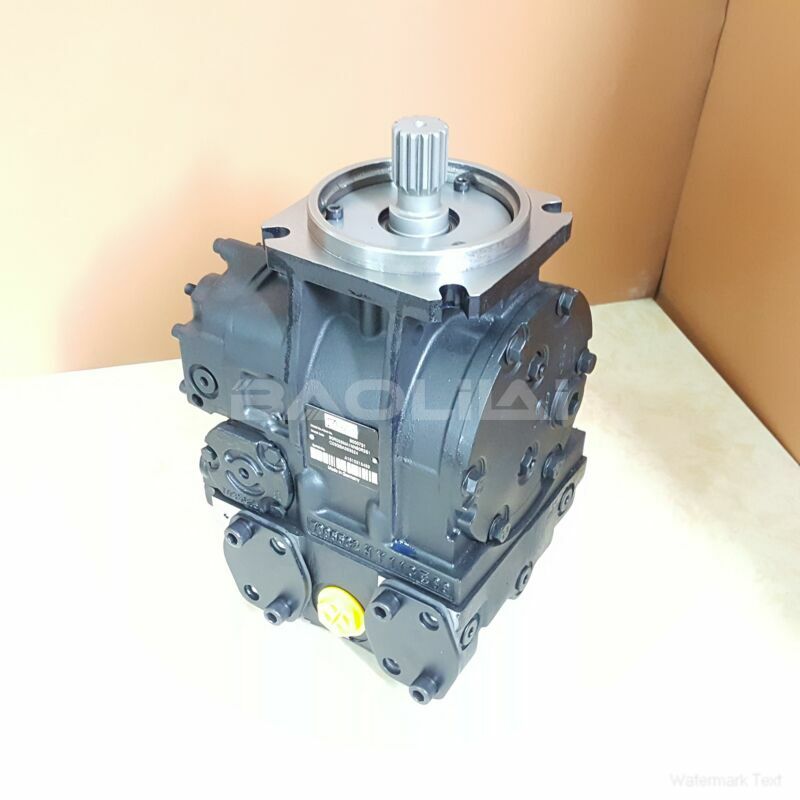90L130KP5BC80P3F1F00GBA383820 hydraulic pump
90L130KP5BC80P3F1F00GBA383820 hydraulic pump

- Product Details
- Applicable Scene
Hydraulic pumps are crucial components in various industrial applications, providing the necessary power to operate machinery and equipment. However, the performance and longevity of these pumps can be significantly affected by fluid contamination. Contaminated hydraulic fluid can lead to equipment failure, increased maintenance costs, and downtime. Therefore, implementing strategies to prevent fluid contamination is essential. Here are some effective methods to maintain the integrity of hydraulic systems.
90L130-KP-5-BC-80-P-3-F1-F-00-GBA-38-38-20
90L130KP5BC80P3F1F00GBA383820
First, regular maintenance of hydraulic systems is vital. This involves routine inspections to identify any potential leaks or wear in hoses, seals, and fittings. By addressing these issues promptly, the risk of contaminants entering the hydraulic fluid is minimized. Additionally, it is crucial to follow a scheduled fluid change regime based on the manufacturer’s recommendations to ensure that the fluid quality remains optimal.

80000231
Second, proper storage and handling of hydraulic fluids play a significant role in preventing contamination. Fluids should be stored in clean, sealed containers to avoid exposure to dust, dirt, and moisture. When transferring fluids into hydraulic reservoirs, it is important to use clean, dedicated equipment that has not been exposed to other substances that could introduce contaminants.
Third, installing filters in hydraulic systems can greatly reduce the risk of contamination. High-quality filters help to trap particles and impurities present in the fluid. It is essential to regularly check and replace filters according to the manufacturer’s guidelines to ensure they function effectively. Additionally, using reservoir breathers can help prevent airborne contaminants from entering the system, especially in environments with high dust levels.
Another effective strategy is to establish a culture of cleanliness in the workplace. Educating employees about the importance of keeping hydraulic systems clean can go a long way. This includes ensuring that work areas are tidy, equipment is stored properly, and personnel are trained in best handling practices. Implementing a “clean as you go” policy will encourage all team members to be proactive about preventing contamination.





